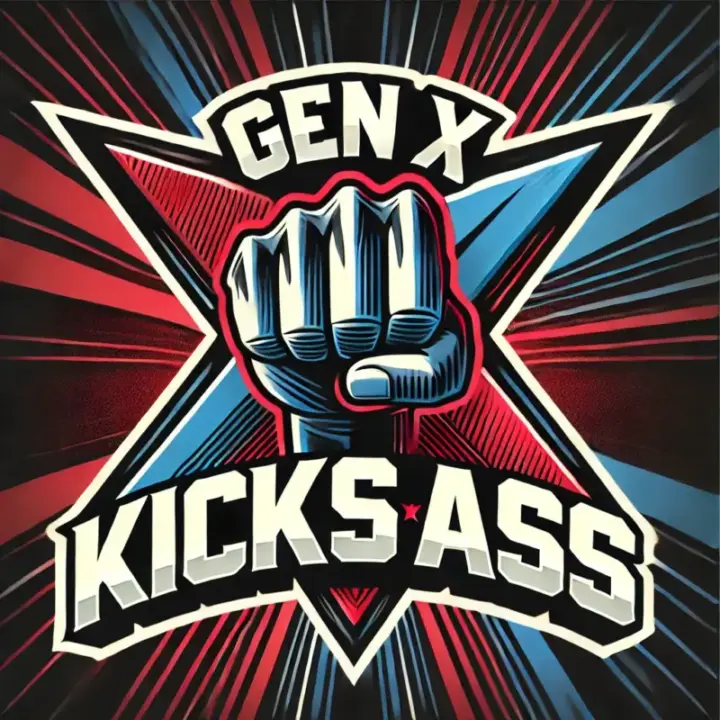Introduction: The Costly Burden of Seasonal Fuel Regulations
Illinois drivers continue to experience fluctuating gas prices due to outdated seasonal fuel blend regulations. These rules, originally implemented to reduce smog, require different gasoline formulations for summer and winter months. However, with modern vehicles equipped with advanced emissions control systems, these seasonal fuel blends no longer serve their intended purpose. Instead, they contribute to higher fuel costs, supply chain inefficiencies, and market volatility. It’s time for Illinois to adopt a single, year-round fuel standard that lowers costs while maintaining environmental protections.
The Problem: Seasonal Fuel Blends Are No Longer Necessary
For decades, Illinois has enforced seasonal fuel regulations, particularly in high-population areas like Chicago and St. Louis. While these mandates once played a role in reducing emissions, today’s vehicles are far cleaner and more efficient than those of previous generations.
Modern Vehicles Have Made Seasonal Fuel Blends Obsolete
Advancements in automotive technology have significantly reduced vehicle emissions, making fuel blend regulations outdated. Today’s cars and trucks are equipped with:
- OBD-II emissions monitoring systems that automatically adjust for fuel variations
- Electronic fuel injection for precise air-to-fuel ratios
- High-efficiency catalytic converters that dramatically reduce pollutants
- Advanced engine control units (ECUs) capable of optimizing fuel combustion
These improvements mean that seasonal fuel changes no longer significantly impact emissions. Instead, the primary effect of these regulations is to create supply chain bottlenecks, price hikes, and logistical challenges for refineries and consumers.
The Impact of Seasonal Fuel Blends on Gas Prices
Every year, Illinois residents see sharp increases in gas prices when refineries transition between summer and winter fuel blends. This shift leads to:
- Increased refining costs that are passed down to consumers
- Supply chain disruptions that cause fuel shortages in specific regions
- Market fluctuations that create instability for businesses and households
Meanwhile, states without seasonal fuel requirements enjoy more stable gas prices throughout the year. Illinois drivers continue to bear the financial burden of a policy that has outlived its usefulness.
The Solution: A Year-Round Fuel Standard
Several states have already eliminated seasonal fuel blend requirements, demonstrating that consistent fuel formulations can maintain air quality without imposing unnecessary costs. Illinois should follow their lead by:
- Adopting a uniform, year-round fuel standard to reduce price volatility
- Eliminating seasonal refinery shifts that disrupt supply chains
- Lowering costs for fuel distributors and consumers
- Ensuring fuel availability without artificial shortages
By implementing a modern, cost-effective fuel policy, Illinois can provide relief at the pump while still adhering to clean air regulations.
Conclusion: Illinois Must Modernize Its Fuel Policy
Illinois’s seasonal fuel blend mandate is an outdated, costly regulation that no longer serves its intended purpose. With today’s advanced vehicle technology, maintaining these seasonal fuel variations only benefits special interest groups at the expense of everyday consumers. A year-round fuel standard would lower costs, improve supply chain efficiency, and provide economic relief without sacrificing air quality.
Illinois drivers deserve a modernized fuel policy that reflects today’s technological advancements. It’s time for state leaders to take action and eliminate outdated seasonal fuel mandates for the benefit of both consumers and businesses.
